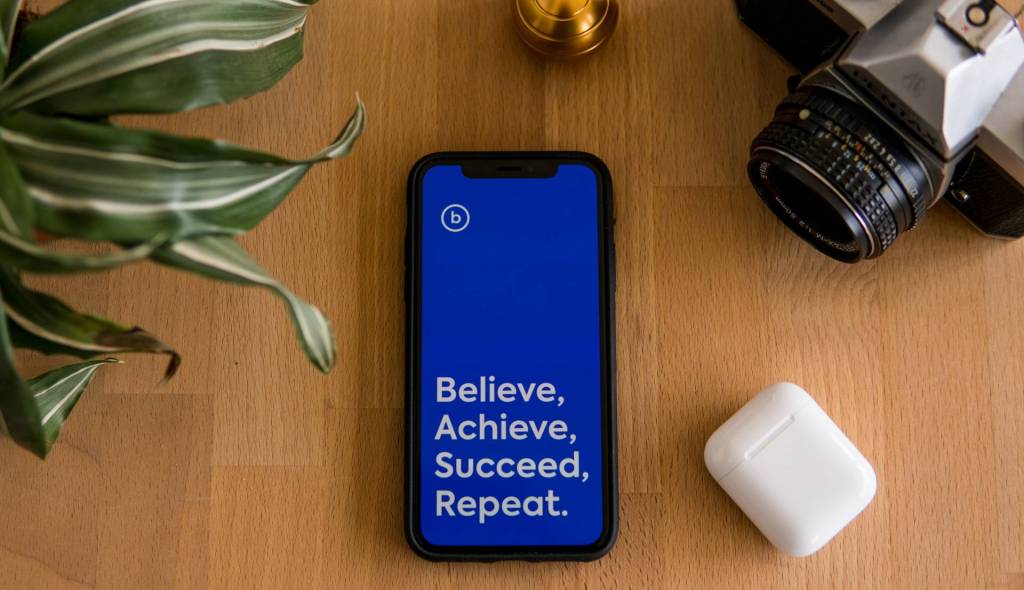 What better time to start looking at creating, rebuilding or tweaking your sales training program? When was the last time your company took a look at how they are developing the people who capture the revenue that fuels everything else? Or if you are a solopreneur, what has been the ROI on the programs you are using to better yourself?
What better time to start looking at creating, rebuilding or tweaking your sales training program? When was the last time your company took a look at how they are developing the people who capture the revenue that fuels everything else? Or if you are a solopreneur, what has been the ROI on the programs you are using to better yourself?
In 2014, we have a new generation of professional taking the workforce by storm and technological advances that continue to amaze us everyday. As we attempt to itch our way out of a recession, companies will invest in sharpening the swords of their talent with training and development as a top priority.
Here are seven signs you need to re-evaluate your training and development programs for your sales force to appeal to the next generation professional:
1 . Too much old school or too much new school
There have been plenty of sales geniuses from decades ago that have time tested principles. Sales training programs shouldn’t neglect what’s worked for years but instead look to blend old school principles with the new school sales environment. On the same token, if all you are doing is replaying old school sales principles on a web-based platform, there won’t be much value. A phrase I always use in describing what training needs to be today in 2014 is a “time tested tactics blended with time relevant concepts.“
2. There is no situational training
How many times in your training program do you thoroughly go through client scenarios and play “what’s going to happen next?” One revamp I recently made in a sales training program is to go deep in “choose your own adventure” dialogues. Many Gen-Y readers used to read Choose Your Own Adventure books growing up… why not train to a similar concept? This makes for great case studies and peer interaction on what is bound to happen next and how to educate the client when on a certain path of discussion. Mix in some great language building exercises and your program will start to make a big impact. Training that revolves around the differences in potential prospects and how to indentify and adapt is key.
3. Did the trainees learn anything about… themselves?
It’s one thing to learn about the company’s competitive advantage. It’s another to learn about the company’s products. Your training cannot have either of these be the bulk or focus though! If it is, then your program has a very company-centric training approach and chances are this type of training is not transferable to other companies or other fields! If you want your people to stay engaged and beg for more professional development or sales training (which in turn should make them more productive) you need to have exercises to help the trainees learn more about themselves. The more the training helps your sales team self-discover their uniqueness and how each of them are different, the more valuable they will find the training and more importantly, the work they do. The more they learn about themselves, how they make decisions and how they sell, the more effective they will be in communicating with prospects and clients.
4. The real world… all, or nothing at all?
To have a top notch training program you need to intermingle the training world with the real world. Somewhere between “here are some materials, go get them!” and “after six months in the classroom we will then allow you to blink at a living prospect” there is a suitable mixture. Building your training program to learn and practice interactions and situations in the classroom in role-plays for a week and then having your trainees accompany experienced associates in the company to see it done in the real world is a balanced and effective approach. After a day or two in the real world, bring back the trainees to have round table discussions about what they saw and learned. Have a confident and experienced facilitator lead the discussion – and make sure the trainees talk about the good, the bad and the ugly of their “real world” experience training. It is dangerous if you only talk about the good outcomes and client interactions and dodge talking about the bad.
5. No measurable outcomes
Whether you are training rookies or veterans that need a boost, the training needs to have a measurable outcome that both the trainees and the company will benefit from. It can be production based (revenue, sales, new accounts) or frontline activity based (appointments set, leads generated, mentor meetings witnessed). If there are no measurables, then the engagement and worth of the training will be subdued.
6. “I’m talking about PRACTICE, not the game…” follow up coaching
Any NBA fan will remember Allen Iverson defacing the importance of missing practice. Athletes and actors (usually) spend more time throughout the week practicing their craft to make sure they are as prepared as possible on the field or on the stage. Unfortunately, even some of the most world-class sales professionals don’t practice enough throughout the week – they only “play the big game.” Too many times sales trainees learn a new skill for a few days in the class room or from a video, but there is a lack of accountability in following up to strengthen the skill for weeks and months after they acquired it. If the training was important enough to put on, then it is important enough for company leaders to consistently check in with their troops to see the progress. Even more powerful is peer feedback and accountability. Companies should host peer study groups where their sales force can get together and continually practice their skills and learn from each other.
7. The Program is on VHS!
We might as well even say “DVD” nowadays. Having web-based training resources will first show your sales team that your organization values the impact of up to date training. Also, by creating video libraries of content and interactive web tools, the trainees will be more inclined to learn and practice more on their own time. Neglecting new resources can send a bad message to your trainees.
For questions about creating or tweaking your programs feel free to reach out at: er@thegrowthgame.com
About
Eddy Ricci, Jr., has been labeled as “the emerging expert in developing Gen Y sales professionals” by the chairman of Publicis Kaplan Thaler and is also noted as “understanding what motivates Gen Y sales teams. He is on my radar and should be on yours” by international speaker and NY Times bestselling author, Erik Qualman. Eddy is the director of a unique training and development collaborative platform that services financial planning firms in the northeast where he has arguably worked with more Gen Y financial professionals than anyone in the country over the past four years. He is the founder of The Growth Game, LLC. ,a professional development company and has authored a book that holds the same title. Eddy is a certified coach and specializes in helping professionals develop sales skills, leadership approaches and implement business development activity systems. WWW.THEGROWTHGAME.COM












